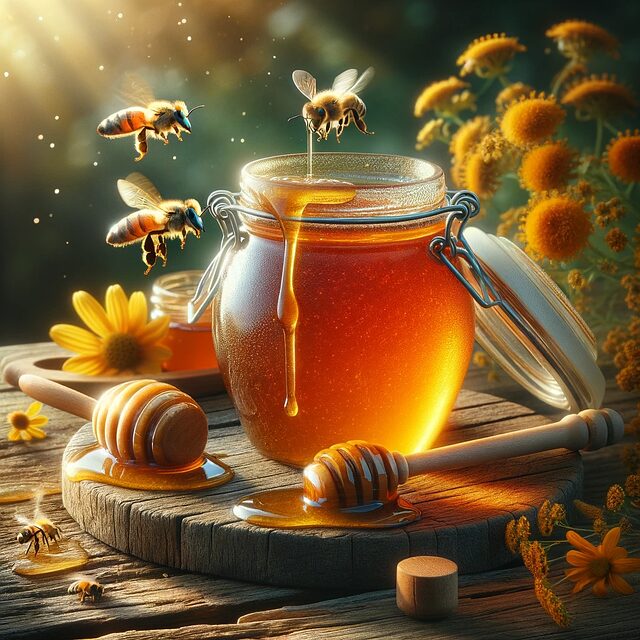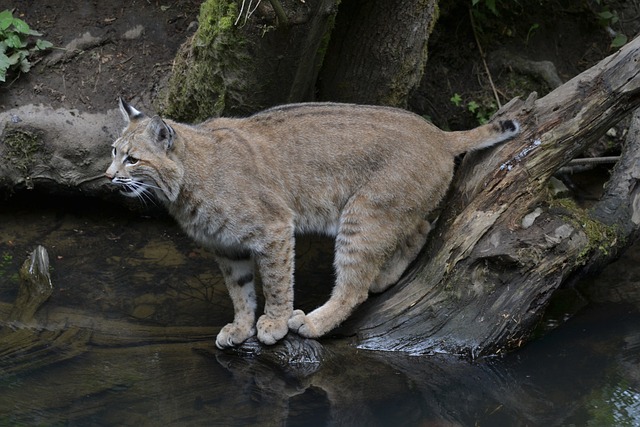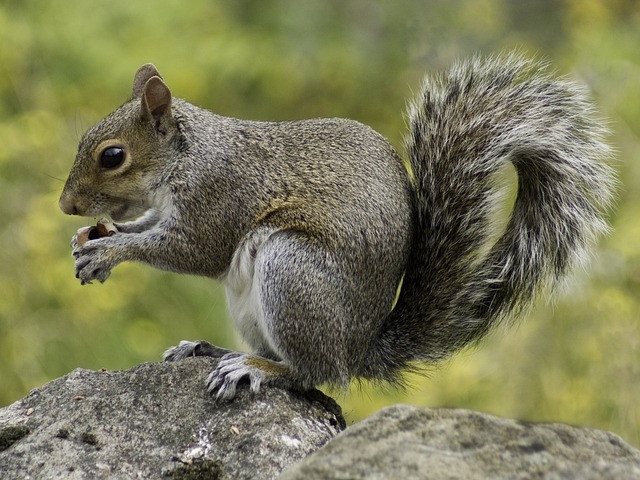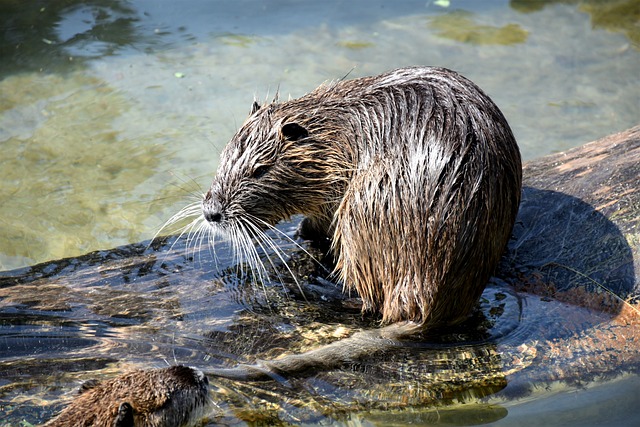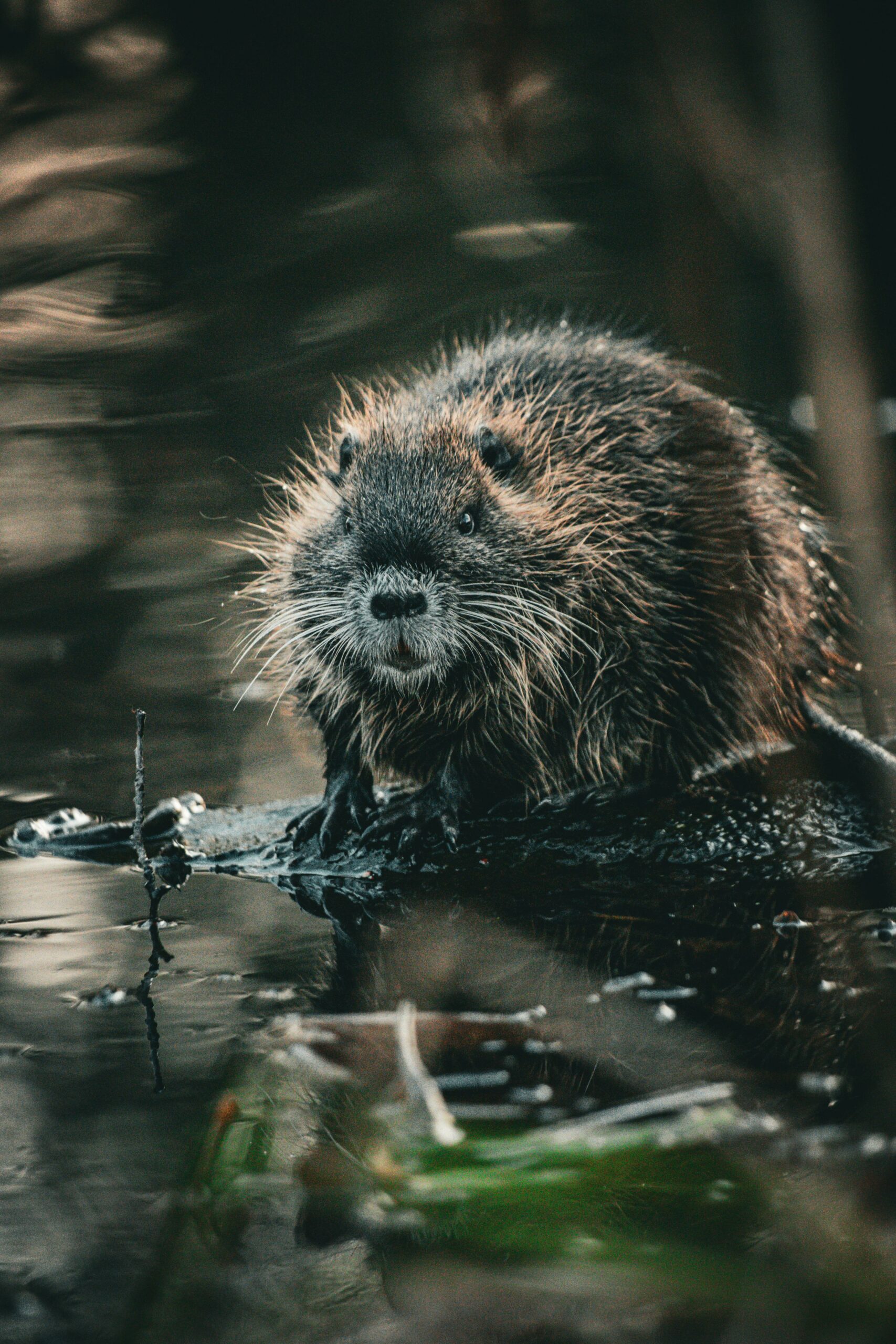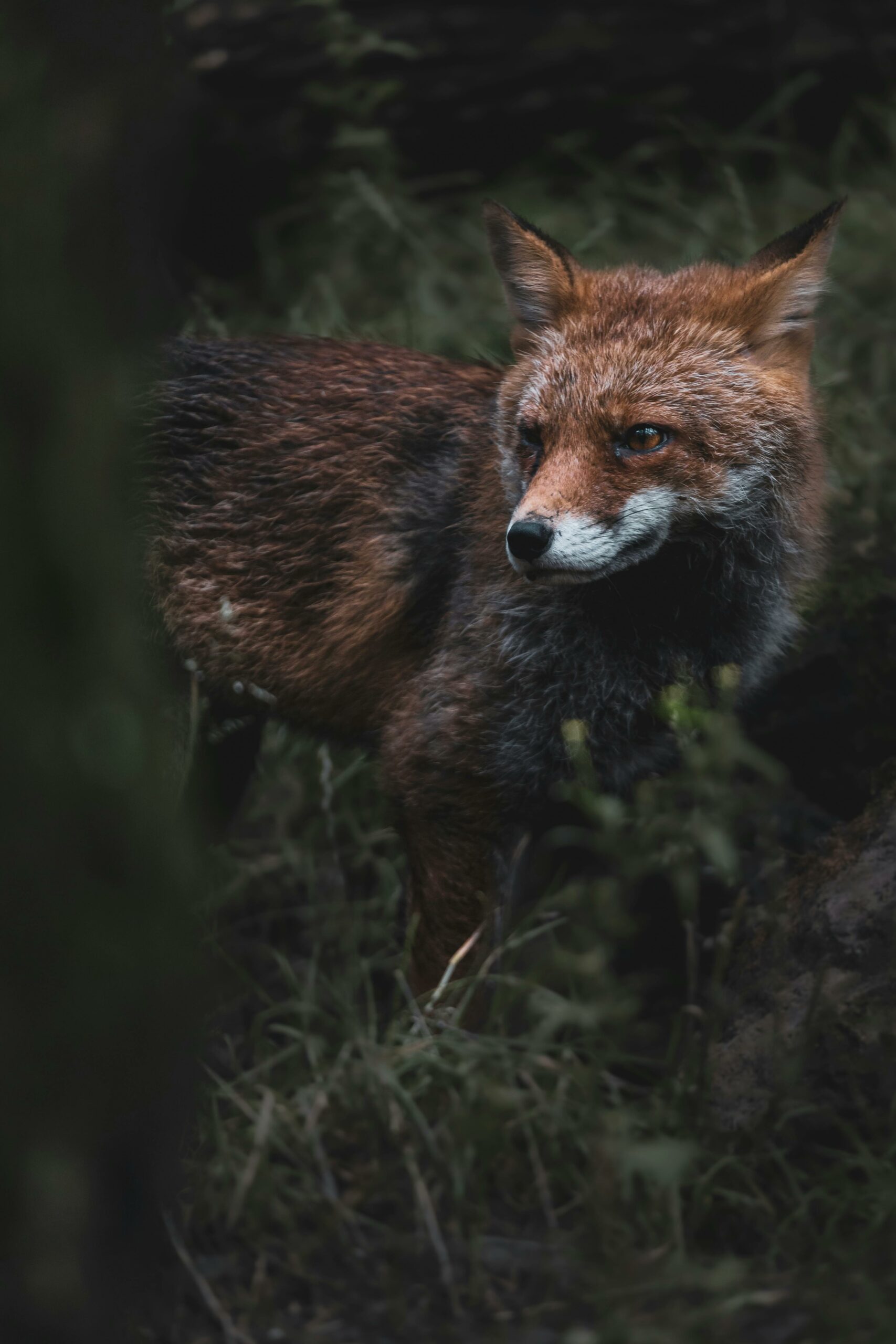Honey bees, often buzzing tirelessly from flower to flower, play a crucial role in our ecosystem by facilitating the pollination of plants and crops. Their significance goes beyond just producing honey; honey bees are essential for maintaining biodiversity, supporting agriculture, and contributing to the global economy. However, these vital pollinators are facing numerous threats, including habitat loss, pesticides, and climate change, leading to a decline in their populations. In this article, we will explore the importance of honey bees in pollination, their economic value, conservation efforts, as well as the health benefits and cultural significance associated with these remarkable insects.
1. Role of Honey Bees in Pollination
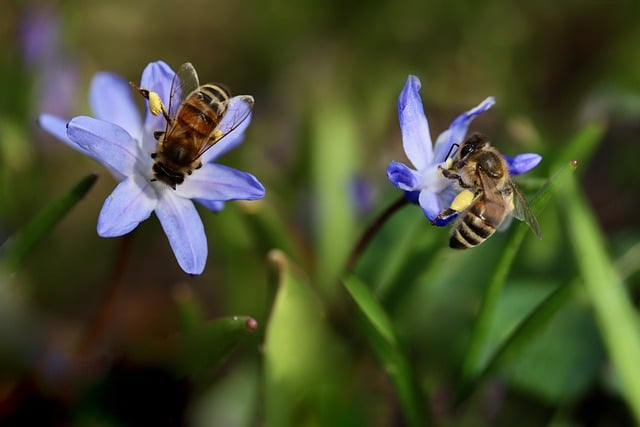
The Pollination Process
Honey bees play a crucial role in pollination by transferring pollen between flowers, enabling plants to reproduce and produce fruits and seeds.
Honey Bees and Plant Biodiversity
The pollination done by honey bees is essential for maintaining plant biodiversity, as it helps in the reproduction of a wide variety of plants, contributing to the health of ecosystems.
2. Honey Bee Decline and Environmental Impact
Factors Contributing to Honey Bee Decline
Various factors such as pesticide use, habitat loss, climate change, and diseases have led to a decline in honey bee populations worldwide.
Consequences of Declining Honey Bee Populations
The decline of honey bees can have far-reaching consequences, impacting food production, biodiversity, and ecosystem stability, highlighting the need for conservation efforts.
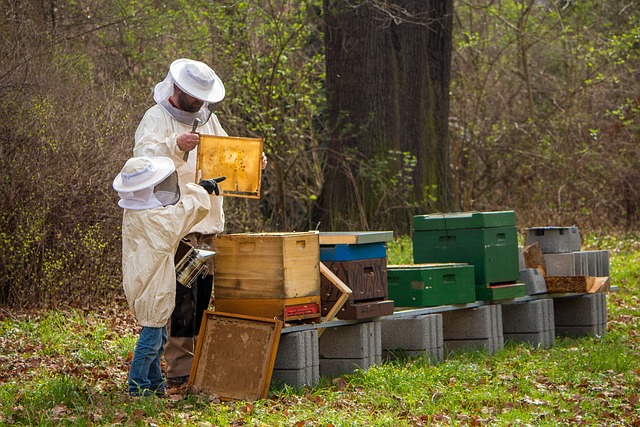
3. The Economic Value of Honey Bees
Honey Bees and Food Production
Honey bees contribute significantly to food production by pollinating many crops, including fruits, vegetables, and nuts, which are vital for human nutrition.
Honey Bee-Dependent Industries
Industries such as agriculture, horticulture, and beekeeping rely on honey bees for pollination services, highlighting their economic importance and impact on various sectors.
4. Importance of Honey Bees in Agriculture
Honey Bees and Crop Yields
The role of honey bees in agriculture is crucial for ensuring high crop yields, as their pollination services directly impact the quality and quantity of agricultural produce.
Pollination Services in Agriculture
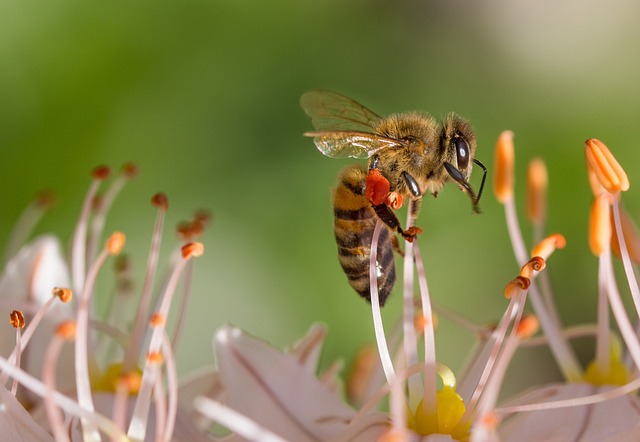
Honey bees provide essential pollination services to many crops, increasing their productivity and enhancing agricultural sustainability, making them indispensable for farmers and food security.
5. Honey Bee Conservation Efforts
Initiatives to Protect Honey Bee Populations
As bee populations face threats such as habitat loss and pesticide exposure, conservation efforts are essential in safeguarding these vital pollinators. Initiatives worldwide focus on creating bee-friendly environments, banning harmful pesticides, and supporting research to understand and mitigate bee health challenges.
Community Involvement in Bee Conservation
Engaging communities in bee conservation is fundamental for the success of these efforts. From planting bee-friendly gardens to advocating for sustainable farming practices, individuals and groups play a crucial role in protecting honey bees. Education and outreach programs help raise awareness about the importance of bees and empower communities to take action.
6. Health Benefits of Honey and Bee Products
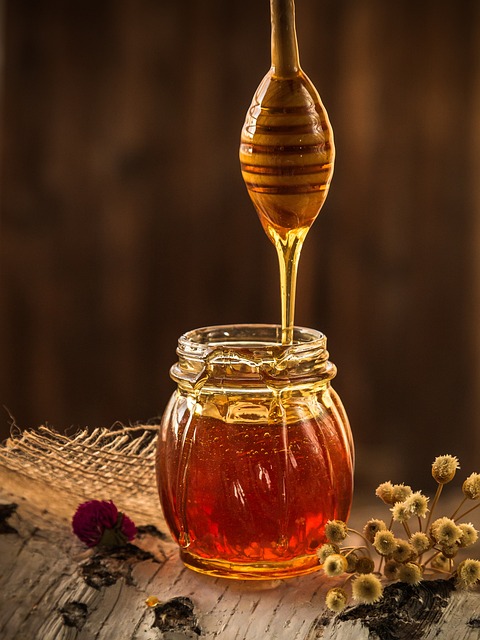
Nutritional Value of Honey and Bee Pollen
Honey and bee pollen are not only delicious but also packed with nutrients. Honey is a natural sweetener rich in antioxidants, while bee pollen is a protein powerhouse containing vitamins, minerals, and amino acids. Including these bee products in your diet can provide a range of health benefits.
Medicinal Properties of Bee Products
Bee products like propolis, royal jelly, and bee venom have been used for centuries in traditional medicine for their potential healing properties. Propolis exhibits antimicrobial effects, royal jelly is believed to have anti-aging benefits, and bee venom is studied for its anti-inflammatory properties. These natural remedies offer a unique approach to health and wellness.
7. Cultural and Symbolic Significance of Honey Bees
Honey Bees in Folklore and Traditions
Throughout history, honey bees have held a special place in folklore and traditions across cultures. Bees symbolize diligence, cooperation, and abundance, appearing in myths, proverbs, and rituals. The importance of bees in providing honey, a coveted natural sweetener, has solidified their cultural significance.
Spiritual and Symbolic Meanings of Honey Bees
In spiritual practices, honey bees are often associated with harmony, productivity, and interconnectedness. Their role in pollination and honey production is linked to themes of rebirth, transformation, and sweetness in various belief systems. Honey bees serve as powerful symbols of unity with nature and the cycles of life.In conclusion, honey bees are not merely insects but invaluable contributors to our world. It is imperative that we continue to prioritize their well-being through conservation efforts, sustainable practices, and raising awareness about their importance. By protecting honey bee populations and their habitats, we are not only safeguarding our food supply and economy but also honoring a species that holds a special place in both nature and human culture. Let us all work together to ensure a thriving future for these tiny yet mighty pollinators.
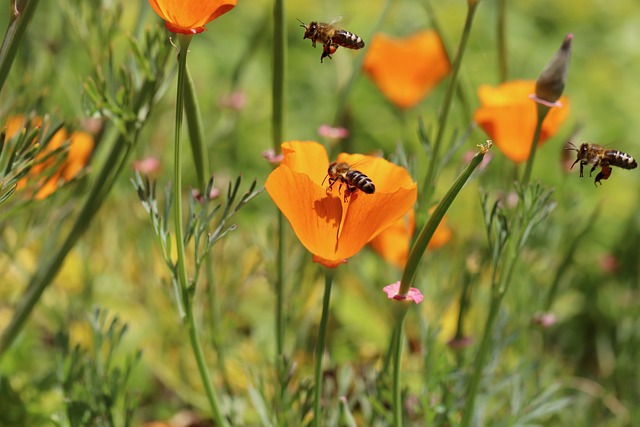
FAQ
Why are honey bees so important for pollination?
Honey bees are crucial for pollination as they transfer pollen between flowers, allowing plants to reproduce and produce fruits, seeds, and new plants. This process is essential for the survival of many plant species and agricultural crops.
How are honey bees linked to our food supply?
Honey bees play a significant role in agriculture by pollinating various fruits, vegetables, and nuts. Without honey bees, the production of many crops would be severely impacted, leading to food shortages and economic losses.
What can individuals do to help protect honey bee populations?
There are several ways individuals can support honey bees, such as planting bee-friendly flowers, avoiding the use of harmful pesticides, supporting local beekeepers, and advocating for policies that promote bee conservation and habitat preservation.
Are there any health benefits associated with consuming honey and bee products?
Honey and bee products like bee pollen and royal jelly are known for their nutritional and medicinal properties. They are rich in antioxidants, vitamins, and minerals, and have been used in traditional medicine for various health benefits, including boosting immunity and promoting overall well-being.
